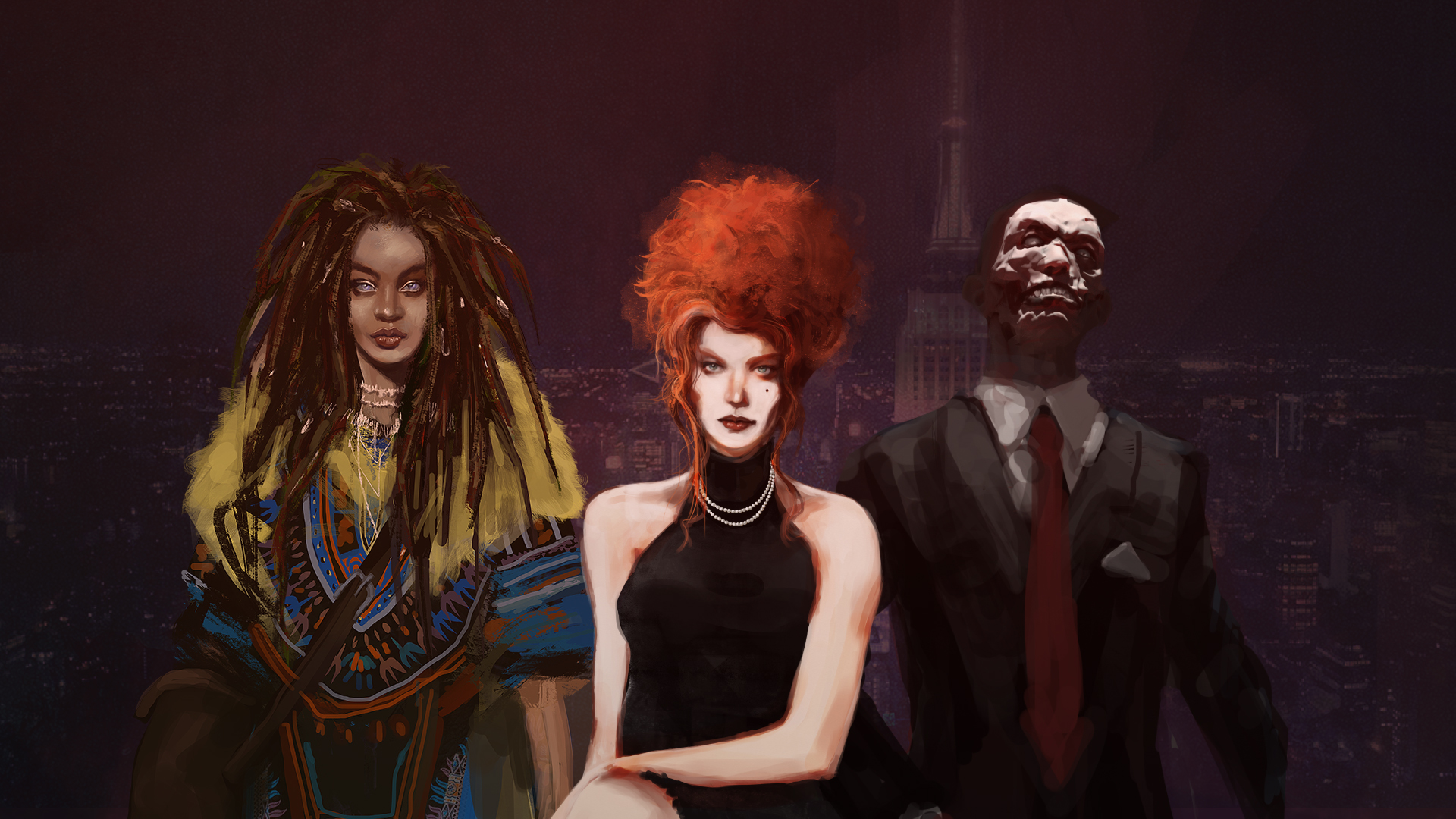
Break On Through (To The Other Side)
It’s been eight years since wonderful Kieron Gillen said his farewells to videogame criticism, cautioning all aspiring writers that “games journalism isn’t a career for life yet”. The main takeaway from his (still excellent, still timely) final post on the subject is that only a passionate fool would stick with this career for too long instead of using it as a springboard to achieving goals which are more rewarding or deserving of more respect. The logic here is as follows: your bosses specifically chose you out of all people who dream of making a living through writing and playing video games, so no matter how replaceable you may seem, “you’re almost certainly pretty talented and could have done anything with this ball of nerves and words in your head”.
It’s an excellent piece and I urge everyone with even passing interest in games writing to read it, but it’s worth keeping in mind that “could have done anything” part undersells how painful the switch from non-fiction to fiction writing can be! Trust me, I know. I’m Aleksander Borszowski, freshly retired video game journalist and newly appointed narrative designer in iFun4All.
I know some ex-journalists who have recently undergone a similar transition to game writing. It’s quite common to see them so humbled by harsh demands of software development, they immediately start disparaging their former colleagues for underrating how hard it is to simply finish a videogame and deliver it to the market. And obviously, it’s no easy feat, both on the technical and creative side. Still, it’s easy to forget that the hobbyist press is usually far more mindful of what’s going on behind the scenes than your average customer. An in-depth knowledge of development process might aid a reviewer in explaining the reasoning behind some controversial or surprising design choices to his audience, but it’s never gonna change the final score for the game. It’s easy for a former journalist to feel pangs of conscience for dismissing years and years of hard work in negative reviews when he sees his own reputation on the line, which means the instinct to defend yourself with “but you don’t understand how the sausage is made, how hard it is to make it!” is natural. Still, it’s important to overpower it and keep looking at the games you’re working on the same way you’d look at them if you still were an underpaid freelancer, pulling a Monster powered all-nighter two days before the final deadline (optimally it would be a “well-prepared, fully relaxed expert”, but uh, let’s be realistic here).
Which brings us to another perspective change a fledgling videogame scenario writer has to take into account, especially if your past journo life, the state of internet discourse and your empty bank account taught you that it’s important to present your take on literally anything. You gotta know when to shut up. It’s easy to forget what the job is all about and try drowning the game in words in order to show off or prove yourself useful, but it’s only going to have a detrimental effect on your projects. Put trust in your designers and artists, let them bear the brunt of emotional heavy lifting. If you ever got hooked on a game in language you didn’t understand, you know they’re more than capable of that. Let your words complete the picture they paint with their tools – strengthen the feelings the game awakens or deliberately go against them, focus on invoking instead of imposing, but most of all, be efficient. It’s not like visual novel-like endless exchanges between talking heads are bound to scare away all of your potential fans (the approach definitely has its strengths), but it’s far from the optimal way to tell an interactive story, especially in an action game.
Oh, and one last thing about changing sides. If you used to be a journalist, you must have a pretty good idea of indie clichés that are pretty off putting at these point: that overly ironic and self-aware writing style, lazy mashups of geeky passions (Steampunk x Lovecraft!), pop-culture reference overload, et cetera, et cetera… Use that knowledge and don’t allow people who get dozens of indie announcement e-mails every day to think they have a very good idea about what your game is after glancing at a single screenshot. They’re often too overworked to invest themselves into something without aura of mystery and originality – give them a promise of something completely different. Nothing you can send over to the other side will be more appreciated.
AB




